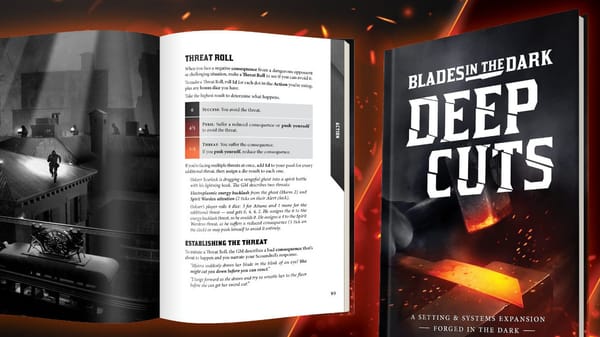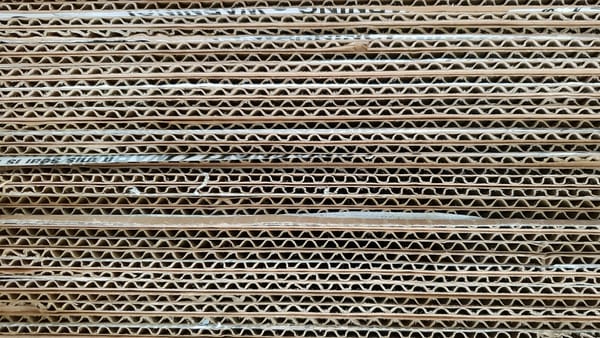The view from a shelled-out ditch
Spanish history RPG La Desbandá 1937 achieves sympathy without sensationalism.

The complicated relationship between tabletop and history stretches all the way back to 18th-century Prussia and the use of miniature war simulations–known as kriegspiel–to instruct aristocratic officers-in-training in the noble art of killing (while also selling the same lessons to the public in a bounded, gamified book). The ensuing centuries have expanded both the reach and subject matter of analog games, but we still occasionally deploy roleplay as a vehicle for recontextualizing (or discovering) the past.
One of the most heartening recent trends has seen a slew of designers using rules, systems of interaction, and the structures of tabletop games to examine and interrogate history as built by hegemony. Cole Wehrle’s Pax Pamir 2E and John Company crawl inside the rotten core of Western Empire and rip down the wallpaper, while the upcoming Molly House (designed by the brilliant Jo Kelly) invites players into an environment of secret queer joy and complicity with the same empire’s moral authority.
On the RPG side of the industry, Bully Pulpit Games’ Night Witches and Jennifer Adcock’s The Price of Coal narrow their scope to particular periods and places–World War II Soviet Airwomen and West Virginian coal miners in 1921, respectively. Out of this specificity rises stories with greater truths: human tales unburdened by the weight of capital-H History but no less vital to the regions and cultures from whence they surfaced.
Into all of that context arrives La Desbandá 1937, a tight tabletop RPG designed by Pablo López and situated within a horrific tragedy from the Spanish Civil War–the book has been translated into English ahead of the massacre’s 87th anniversary. In 1937, citizens of Málaga fled along a road to Almería, traveling under the cover of darkness to hide their figures from constant shelling by fascist Francoist forces from both air and sea. By the end, up to 5,000 people were killed seeking asylum in the Republic-controlled north.





